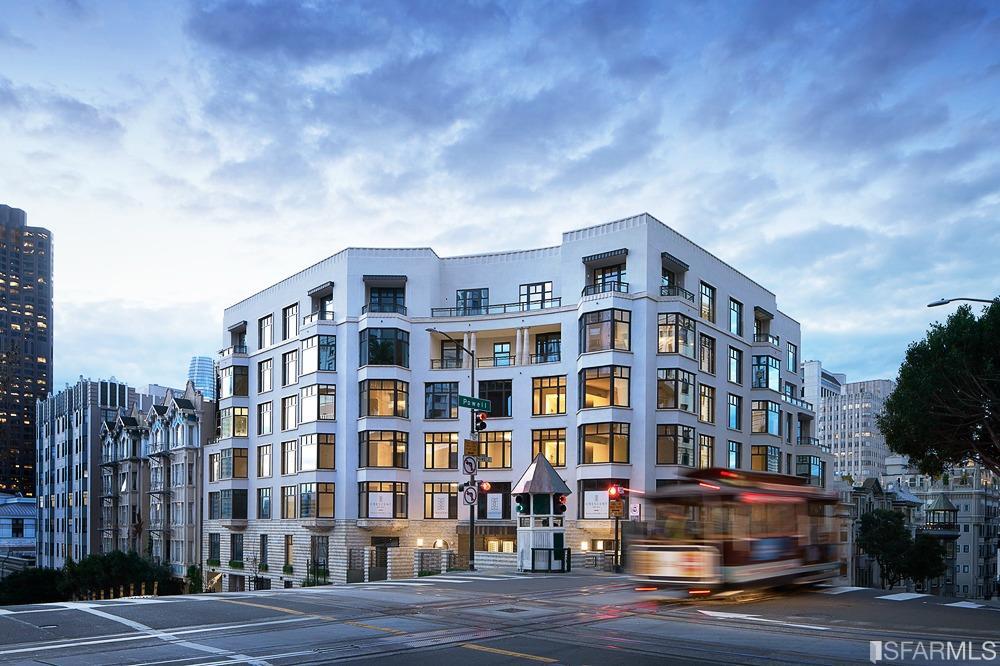What to Expect from Your HOA Condo Association
What to Expect from Your HOA Condo Association
Blog Article
The Duty of an HOA in Establishing and Enforcing Neighborhood Guidelines for Citizens
The function of a Homeowners Association (HOA) in establishing and enforcing community guidelines is fundamental to keeping a orderly and cohesive domestic environment. By formulating clear regulations that control elements such as building maintenance and community conduct, the HOA not only sets standards for residents yet additionally promotes a sense of belonging and liability.
Comprehending House Owners Associations
Homeowners associations (HOAs) work as regulating bodies for domestic areas, playing a crucial duty in preserving residential or commercial property values and fostering a feeling of community. Typically created by developers, HOAs are made up of property owners within an assigned location who choose a board to supervise the organization's activities. The key features of an HOA include applying neighborhood rules, handling common locations, and arranging community occasions.
HOAs operate under a collection of regulating records, including constraints, commitments, and conditions (CC&R s), which detail the rights and obligations of home owners. These regulations intend to ensure that properties are maintained to a specific criterion, thereby safeguarding the visual appeal and general value of the area. In addition, HOAs commonly accumulate charges from house owners to fund maintenance, landscape design, and other community services.
The visibility of an HOA can substantially influence the living experience within a community (hoa condo). While some homeowners value the organized environment and amenities supplied, others may find certain policies restrictive. Balancing the rate of interests of all house owners is necessary for an HOA to operate properly, ensuring that it serves its intended objective of boosting area living while valuing individual homeowner rights
Developing Area Standards

To begin, an HOA ought to carry out studies or convene that permit residents to voice their issues and tips. This participatory procedure cultivates a feeling of ownership and enhances conformity. Next off, the HOA board must assess the feedback to recognize usual themes and priorities that require formal inclusion in the standards.
It is additionally important to make certain that the standards are clear, concise, and easily recognized. Uncertainties can cause disputes and misunderstandings, undermining the objective of the guidelines. The guidelines need to be detailed, covering different aspects of area living, including home upkeep, noise degrees, and usage of common locations.
Enforcement of Rules
Reliable enforcement of community regulations is vital for preserving order and ensuring that all citizens follow the developed guidelines. An HOA needs to execute a structured technique to enforce these guidelines, which often includes a mix of tracking, interaction, and penalties for non-compliance.
First, normal evaluations and area patrols can help determine offenses, guaranteeing that regulations are consistently applied throughout the neighborhood. This positive surveillance allows the HOA to attend to concerns prior to they escalate, promoting a feeling of accountability amongst homeowners.
Second, clear communication is necessary. Residents ought to be More Help notified of the regulations and the procedures for reporting infractions. An open line of interaction urges residents to voice issues and seek information on standards, which can boost conformity.
Last but not least, when offenses take place, the HOA has to apply effects as laid out in the controling files. By efficiently enforcing rules, an HOA can grow a harmonious living environment that reflects the cumulative values of its residents.
Advantages of HOA Laws
Numerous advantages develop from the application of HOA policies, which offer to improve the quality of life within an area. One main advantage is the upkeep of building values. By enforcing criteria for appearances and upkeep, HOAs make sure that homes and usual locations remain attractive, cultivating a preferable living environment that can cause enhanced property worths over time.
Furthermore, HOA policies promote uniformity and uniformity within the area. This coherence in style and upkeep helps to produce a sense of belonging among locals, adding to community pride and a favorable atmosphere. Developed standards facilitate dispute resolution amongst next-door neighbors by providing clear expectations and procedures for habits, consequently minimizing disputes.
One more considerable advantage is the stipulation of common services and services. Several HOAs handle area centers such as parks, pools, and clubhouses, which enhance leisure chances for citizens. These features not just boost the top quality of life yet additionally urge social communication.
Inevitably, the laws established forth by an HOA cultivate a well-organized, harmonious community, guaranteeing that locals delight in a high standard of living while fostering a supportive setting for all house owners.
Typical Difficulties Dealt With by HOAs
Amidst the advantages that home owners organizations (HOAs) can supply, they likewise encounter a range of obstacles that can impede their efficiency. One significant concern is the absence of resident engagement. Many home owners may not get involved in conferences or neighborhood activities, causing a detach between the HOA board and residents. This disengagement can cause misunderstandings about community standards and an absence of support for enforcement initiatives.
Another challenge is the enforcement of guidelines and regulations. Conflicts can arise when locals feel that enforcement is inconsistent or biased, potentially bring about conflicts within the neighborhood. In addition, HOAs typically encounter financial restrictions, which can restrict their ability to keep common areas or fund area projects. This can create discontentment amongst residents who anticipate high requirements of maintenance.
Moreover, navigating legal complexities can be discouraging for HOAs. They have to ensure conformity with state regulations while handling their very own regulating papers, which can be a source of confusion. Website Lastly, changing demographics and developing community needs call for HOAs to adjust their guidelines, typically meeting resistance from long-standing residents that are accustomed to typical standards. Dealing with these challenges is critical for promoting a harmonious and thriving neighborhood.
Conclusion

By formulating clear regulations that regulate facets such as residential or commercial property maintenance and neighborhood conduct, the HOA not just sets requirements for homeowners but likewise cultivates a feeling of belonging and responsibility.Homeowners organizations (HOAs) offer as governing bodies for household communities, playing a vital duty in maintaining home worths and promoting a feeling of area. Many property owners might not get involved in conferences or area tasks, leading to a disconnect between the HOA board and residents. Advancing and transforming demographics area needs require HOAs to adjust their standards, often meeting resistance from long-standing citizens that are accustomed to standard standards. With the advancement of clear guidelines and constant enforcement, HOAs promote residential property upkeep, neighborhood pride, and count on among locals.
Report this page